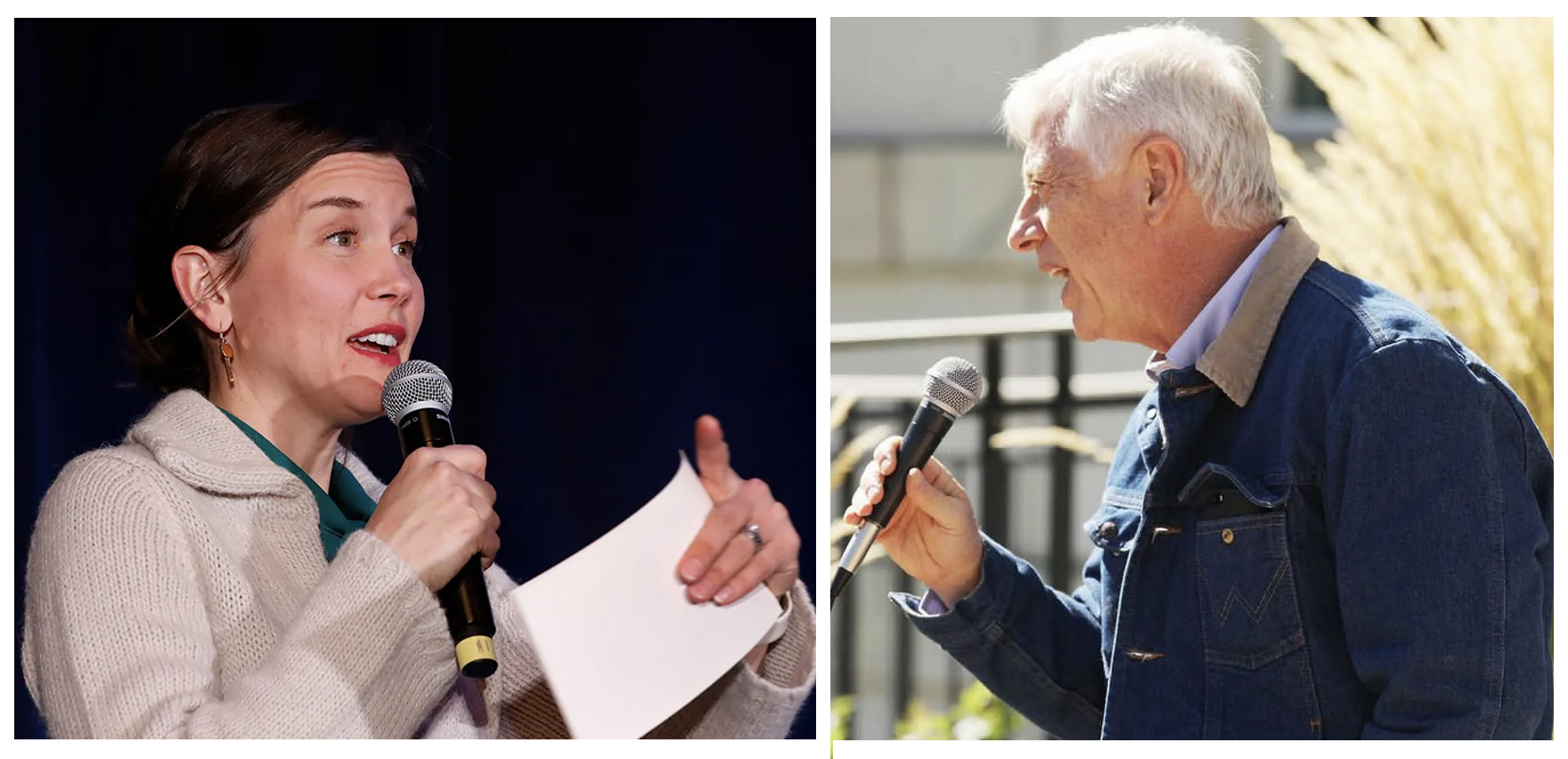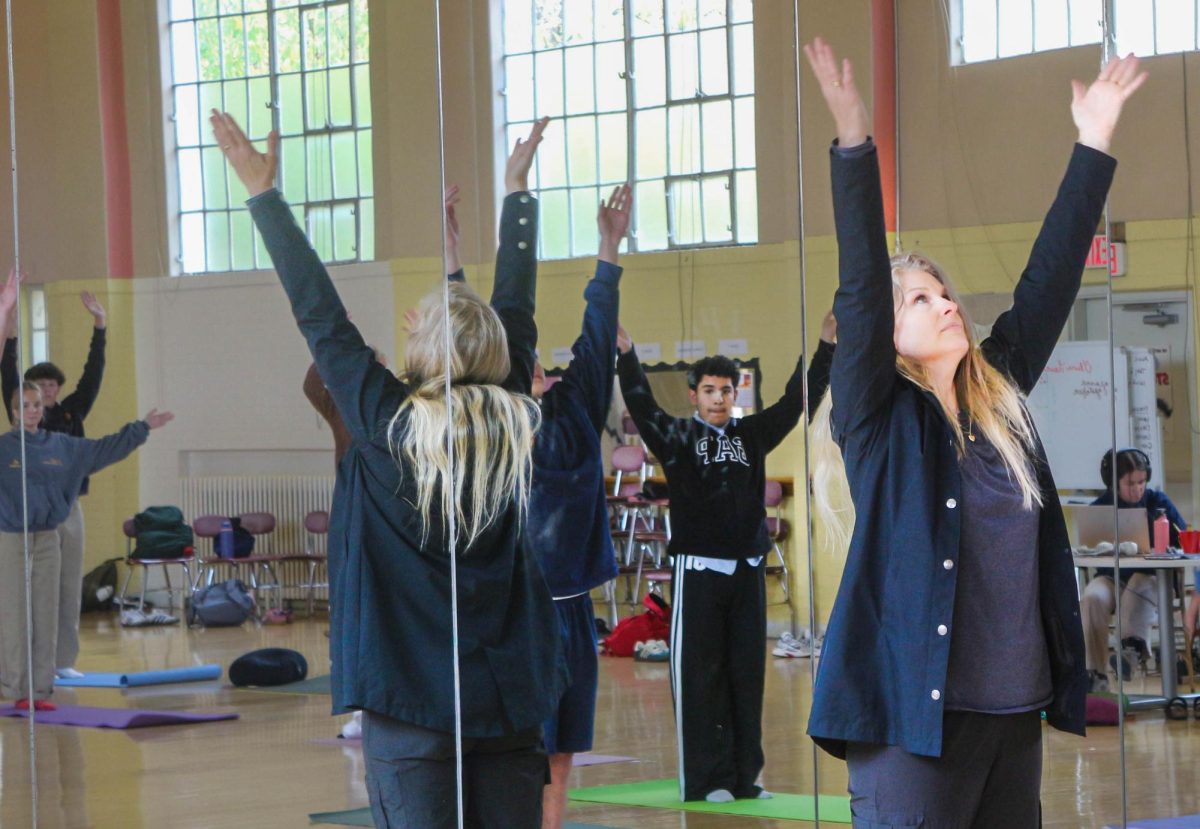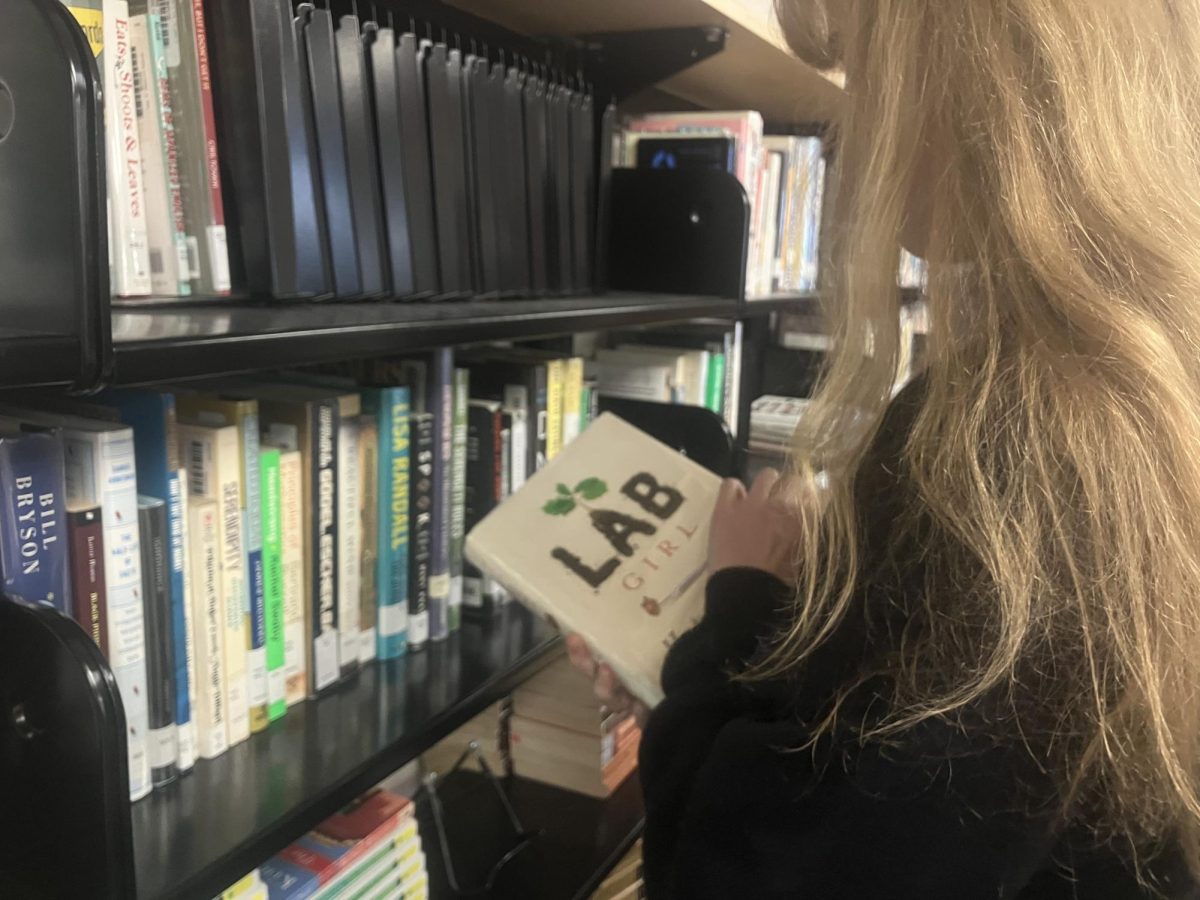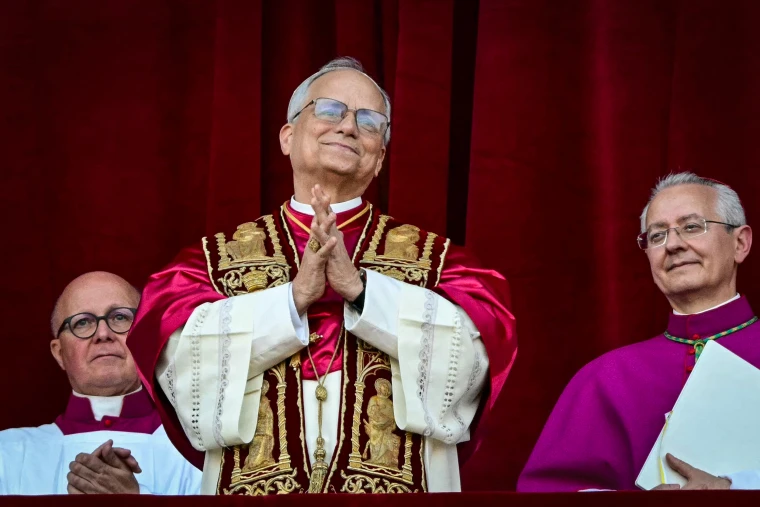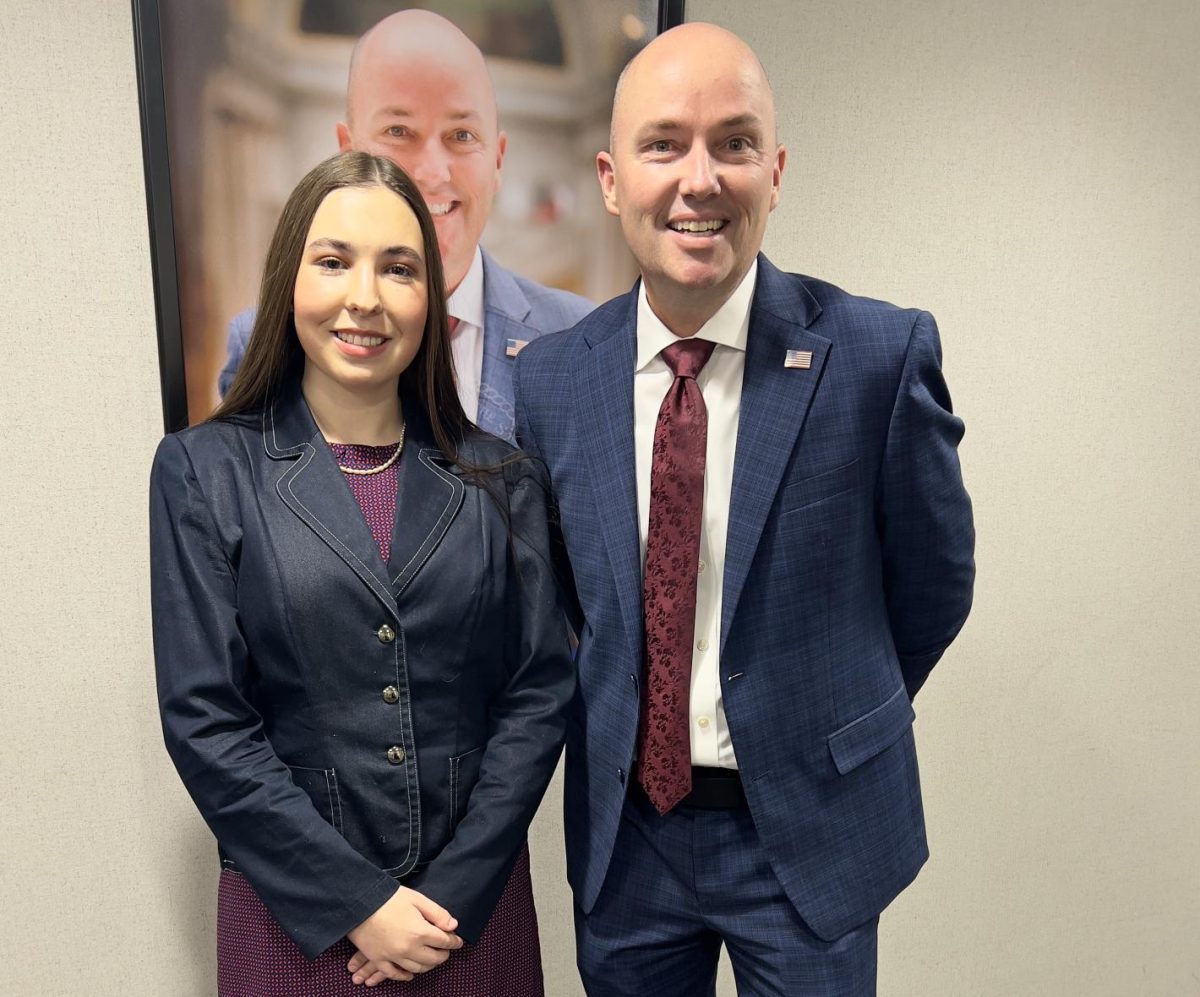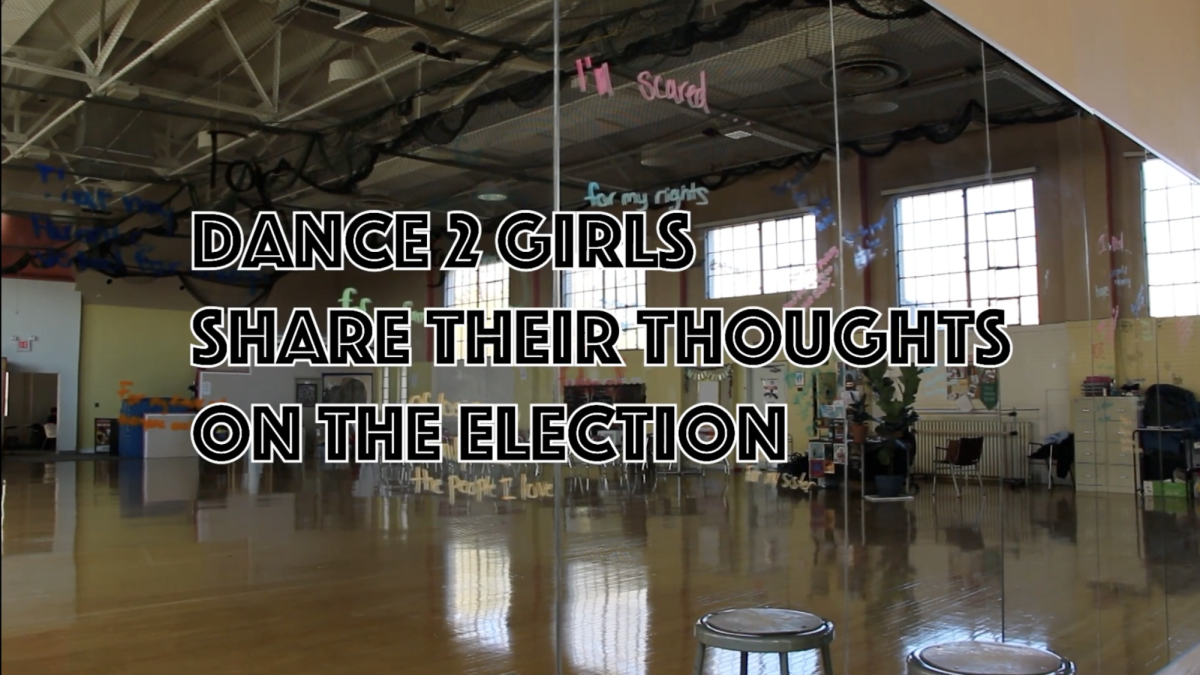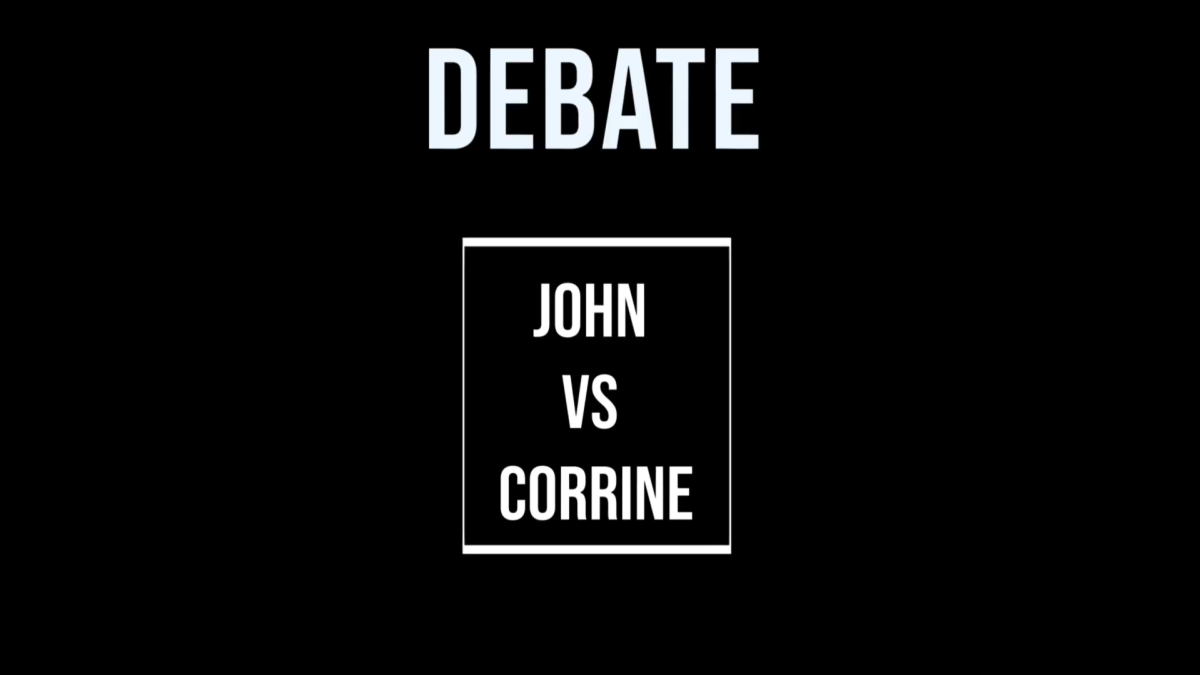The Salt Lake City mayoral election is only days away. Mayor Erin Mendenhall hopes to serve a second term, while former two-time mayor Ross “Rocky” Anderson hopes to get himself back in office.
Mayoral yard signs are posted at seemingly every house, stories about the candidates flood the Salt Lake Tribune, and yet many first time voters don’t know much about the names they will see on the ballot. In hopes to help readers get a better idea of who the candidates are and what they stand for, the Bulldog Press sat down with the two candidates separately.
Erin Mendenhall is the incumbent, serving as mayor of Salt Lake City since winning the election in 2020. She was born in Arizona, but soon moved to Utah. She attended Alta High School then the University of Utah. When she was the mother of an infant, Mendenhall became concerned about the negative long term health effects caused by poor air quality in Salt Lake City, and she decided to take action. She joined “Utah Moms for Clean Air” and then co-founded her own organization “Breathe Utah.”
The fight for clean air propelled Mendenhall into politics. If re-elected she plans to continue advocating for clean air and affordable housing in her next term.
Candidate “Rocky” Anderson served as the Mayor of Salt Lake City for two terms from 2000-2008. Anderson was born in Logan, Utah, where he spent the entirety of his childhood. After graduating from Logan High School and then attending the University of Utah, Anderson had his sights set on creating positive change in Salt Lake City. In hopes to do exactly that, Anderson began a career in law and public service; however, the changes he made in those fields did not adequately satisfy Rocky’s desire to positively impact his community.
So, he decided to apply what he had learned in a new profession in politics. He ran for mayor of Salt Lake City in 2000 and held the office until 2008. Anderson centers his current campaign around eliminating homelessness encampments by providing sanctioned camps with showers, security, and food.
In our interviews with the top two candidates, we asked them each similar questions to draw out differences in the candidates’ platforms.
Our questions covered a wide range of topics important to city voters. As both candidates have experience serving as democratic mayors, we started off both interviews asking how they plan to expand on one of the main social welfare initiatives they invested in during their time in office: Mendenhall’s “Free Fare February” and Anderson’s “Youth City.”
Mendenhall explained the importance of affordable public transportation for many families in Salt Lake City, and said that in her next term she will continue to urge the Utah state government to help fund Salt Lake City’s public transportation system. She plans to continue building trails that punch through the West-East divide, as well as continue to find ways to help make public transportation more accessible to the families of Salt Lake City.
Anderson stressed the importance of programs built for the youth of Salt Lake City, saying that as a single father he had difficulty piecing together beneficial programs for his son. His personal experience with youth programs he felt were faulty in Salt Lake City led him to found “Youth City.” Anderson now hopes to implement programs that will provide affordable healthcare to citizens of Salt Lake City as well as affordable public transportation.
Next, reflecting a shared worry among our peers both inside and outside of Judge, we asked the candidates to name one policy they would employ to combat climate change if elected. Both candidates immediately recognized the importance and urgency of the effects of climate change to not only Salt Lake City, but to humanity as a whole.
Mendenhall described her battle with Rocky Mountain Power to secure clean energy for Salt Lake City. However, Mendenhall stressed that in order to truly combat climate change, Salt Lake City must help influence the state legislature to “get more environmental.” In her next term, she will continue to help strategize water policies that not only allow farmers to do their jobs, but also preserve rivers, streams, and groundwater that feed the Great Salt Lake to prevent its shrinking.
Anderson also acknowledged the importance of working with others to combat climate change, saying that “If we don’t have public support, we are never going to see a change in major policies.” Anderson considers himself an ambassador of how to reduce climate change, and says that under his leadership, Salt Lake City will be an example to other mayors of how cities must handle climate change.
Following the theme of young voters’ concerns, the Bulldog Press then asked the two candidates how they will continue to work towards more equity in Salt Lake City’s community, and fix systemic issues within the police department.
Mendenhall described how the tragic death of George Floyd helped to shift her focus to building a new system of policing in Salt Lake City. She cited her commission on racial equity in policing that involves community members providing new perspectives to the police department around budget, policy, and culture as a result of the tragedy. The policy helps to reshape the rolice department by sending social workers and citizens to respond to mental health crises that would be better handled by someone without a traditional policing background.
Citing his now discontinued policy that required every officer to note the perceived race or ethnic origin of the person they stopped, Anderson stressed the importance of stopping racial profiling in the police department. If elected, Anderson plans on “bringing new leadership into the policing department” in a new Chief of Police who would emphasize equity. Furthermore, he would write a legally binding job description and a code of conduct that “could be enforced against the officers and against the city if it was violated.”
Finally, as both candidates’ campaigns center around resolving homelessness, we asked each candidate to name one specific policy they would implement to help resolve the homelessness crisis in Salt Lake City.
Mendenhall began her response by explaining the importance of state-wide government collaboration, declaring that “homelessness can not be solved by a single city.” She plans to continue working with the state government and county governments to provide better zoning, funding, and housing that will ultimately lead to a permanent solution to homelessness. In her most recent work with the state government, Mendenhall helped to bring more housing options to the homeless population of Salt Lake City with her creation of “Pods.” These pods will provide an insulated shelter, a locking door, a bed, and a space for people’s belongings. They will be managed 24/7 by social workers to “help connect people with what they need.” Mendenhall looks forward to opening these Pods in November.
Anderson also acknowledged the need for safer housing. He accused Mendenhall of failing the community when it came to the issue of homelessness, and said that if he was mayor he would immediately implement a sanctioned camp on the outskirts of the city, in which homeless people could stay and not “get run off by the police.” Similar to Mendenhall’s “Pods,” the sanctioned camp would provide bathrooms, showers, foods, outreach workers, and access to mental health and drug addiction treatment.
Finishing the interview, Erin Mendenhall underscored the importance of voting, urging first time voters to go to vote.utah.gov to pre-register to vote.
We at the Bulldog Press hope that our interviews have helped you to get a better idea of who you are voting for in the 2023 Mayoral Election. Election day is on the Nov. 21, and we hope to see you there.

